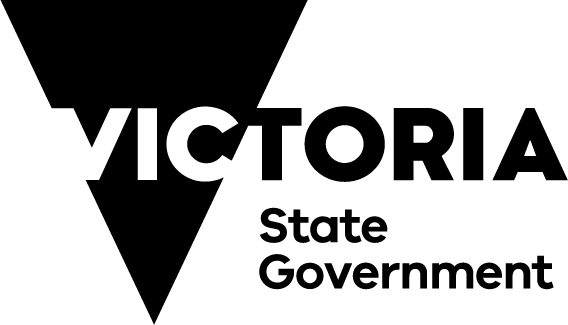
ESF acknowledges the support of the Victorian Government to deliver a new initiative in 2025: Volunteer Leaders: Safeguarding Mentally Healthy Teams.
ESF identified a need to better support volunteer leaders meet obligations for psychological safety. This new program designed specifically for volunteers has been informed by ESF’s popular Leading for Better Mental Health program and is designed to better equip volunteer leaders to lead their teams with a psychological safety lens, improve mental health literacy, whilst building local inter-agency connections.
Three programs were offered in 2025.
Who is the program for?
This program is for emerging and existing volunteer leaders from any Victorian emergency service agency. It aimed to provide them with the knowledge and skills to address the key business issue for every frontline agency of psychological safety necessary to sustain the health and wellbeing of its volunteers.
Volunteer Leaders 2025: SPEAKS OUT
The Speaks Out resource was developed as an outcome of the Volunteer Leader program. It is designed to helps volunteer leaders look after their volunteers after a critical incident, to foster psychologically safe and mentally healthy teams.
It has two elements: An aide memoire, which can be printed out as flyer, and a short explanatory video which accompanies the guide.


